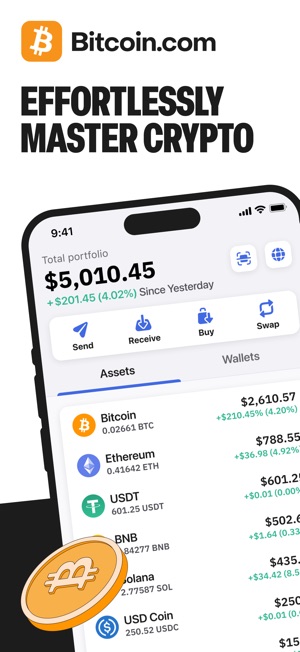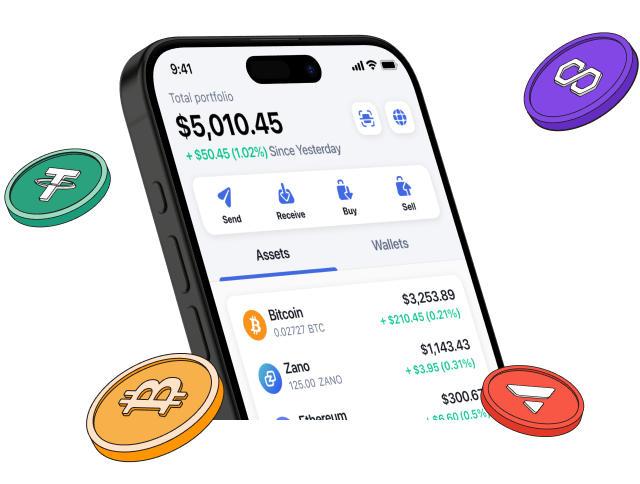
As the digital landscape continues to evolve, so too do the payment solutions available to businesses and consumers. One of the most significant developments in this arena is the rise of cryptocurrencies, particularly Bitcoin (BTC). The advent of BTC Payment Processor has transformed the way transactions are conducted, offering an alternative to traditional banking systems and credit card companies. In this article, we will explore the functionality, benefits, and implications of BTC payment processors in today’s digital economy.
What is a BTC Payment Processor?
A BTC payment processor is a service that enables businesses to accept payments in Bitcoin. These processors bridge the gap between cryptocurrencies and traditional fiat currencies by providing a reliable interface for transactions. They often handle various aspects of payment processing, including payment confirmation, currency conversion, and transaction security.
How BTC Payment Processors Work
The operational mechanics of BTC payment processors are a blend of technology and blockchain principles. When a customer initiates a payment using Bitcoin, the processor captures this transaction and verifies it through the blockchain. The processor can convert the Bitcoin into local currency and deposit it into the merchant’s account, reducing the volatility risk associated with cryptocurrency values.
Typically, the process involves the following steps:
- The customer chooses to pay in Bitcoin at checkout.
- The merchant’s payment processor generates a unique Bitcoin address for the transaction.
- The customer sends the Bitcoin to this address.
- The processor confirms the transaction on the blockchain.
- The payment is settled, either in Bitcoin or converted to the local currency for the merchant.
Benefits of Using BTC Payment Processors
There are numerous advantages for businesses that decide to integrate BTC payment processors into their payment systems. Here are some of the most notable benefits:
Lower Transaction Fees
Unlike traditional payment methods that often come with hefty transaction fees, Bitcoin transactions typically have lower costs. This can lead to significant savings for businesses, especially for high-volume transactions.

Fast Transactions
Transactions made with Bitcoin can be processed quickly, often within minutes. This is particularly advantageous for businesses that operate in a fast-paced environment where timely payments are crucial.
Increased Security
BTC payment processors use advanced encryption techniques, and transactions are recorded on the blockchain, which is immutable. This offers a level of security that traditional payment methods may not provide, reducing the risk of fraud and chargebacks.
Access to a Global Market
Accepting Bitcoin allows merchants to tap into a global customer base who prefer using digital currencies. This opens new avenues for business, particularly in regions where traditional banking systems are less developed.
Challenges and Risks
Despite the numerous advantages, businesses should also be aware of challenges associated with BTC payment processors. The volatility of Bitcoin can pose significant risks for merchants who may face fluctuating values of their sales. Additionally, regulatory considerations can vary by region, and businesses must remain compliant with local laws regarding cryptocurrency usage.
Choosing the Right BTC Payment Processor
Selecting an appropriate BTC payment processor is critical for merchants aiming to integrate this technology into their payment systems. Here are some essential factors to consider:
Reputation and Security
Look for processors with a strong reputation and robust security measures. Research customer reviews and the processor’s history in handling transactions to ensure reliability.

Fees and Costs
Compare transaction fees, monthly charges, and any other costs associated with the processor. It’s crucial to understand the financial implications of using a particular service.
Integration Capabilities
Ensure that the processor can seamlessly integrate with your existing systems, including e-commerce platforms and point of sale (POS) systems. This will save time and resources during the implementation phase.
Customer Support
Reliable customer support can make a significant difference, especially when issues arise. Choose a processor that offers responsive and knowledgeable support to assist with any concerns.
The Future of BTC Payment Processors
As cryptocurrencies continue to gain traction, the role of BTC payment processors is expected to grow. With increasing acceptance among consumers and businesses, the landscape of digital payments will likely evolve, pushing forward innovations in blockchain technology and transaction processing.
Additionally, as regulations around cryptocurrencies become clearer, more businesses may be inclined to adopt Bitcoin payment options, further normalizing its use in everyday transactions. This could lead to enhanced services, including multi-currency wallets, instant conversion features, and increased interoperability between cryptocurrencies and fiat currencies.
Conclusion
BTC payment processors are reshaping the way we think about money and transaction processing. With their numerous benefits, including lower fees, increased security, and access to a global market, they represent an innovative solution for businesses looking to stay ahead in the competitive digital economy. However, potential risks must be understood and managed as more merchants look toward adopting this exciting payment method. Embracing Bitcoin is not merely a payment solution; it is participating in a broader movement toward decentralization and financial innovation.